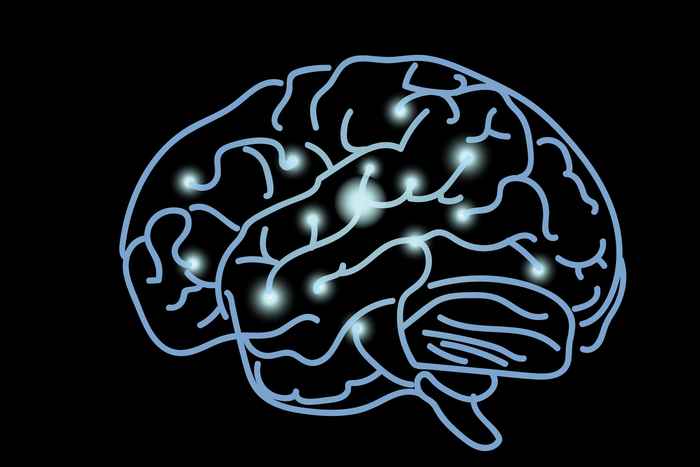New paper: Why obeying orders can make us do terrible things?
7 September 2020

War atrocities are sometimes committed by 'normal' people obeying orders. Kalliopi Ioumpa together with researchers from the Netherlands Institute for Neuroscience measured brain activity while participants inflicted pain and found that obeying orders reduced empathy and guilt related brain activity for the inflicted pain. This may explain why people are able to commit immoral acts under coercion.
When humans witness another person experiencing pain, be it emotional or physical, they have an empathic reaction, and this is thought to be what makes us averse to harming others. In the study published in NeuroImage, the authors used pairs of participants, with one being assigned the role of 'agent' and the other the role of 'victim'. Agents were placed in an MRI scanner to record their brain activity during the task. They were told that they had two buttons; one triggering the administration of a real, mildly painful, shock on the victim's hand in exchange for +0.05€, and another triggering no shock and no money. Over the course of 60 rounds, agents were either free to choose to administer - or not - this shock to the victim, or they received orders from the experimenter to inflict - or not - the same shock. This task was designed to involve a difficult moral decision for agents: increasing one's own monetary gain by causing pain to another person or not.
The authors observed that agents sent more shocks to victims when they were coercively instructed than when they freely decided. "Neuroimaging results showed that empathy-related regions were less active when obeying orders compared to acting freely. We also observed that obeying orders reduced activations in brain regions associated with the feeling of guilt", explains Kalliopi Ioumpa, co-first author of the present study.
The observation that obeying an order to inflict pain reduced activation in empathy and guilt related brain regions explains, at least partly, why people can commit highly immoral acts towards others under coercion.